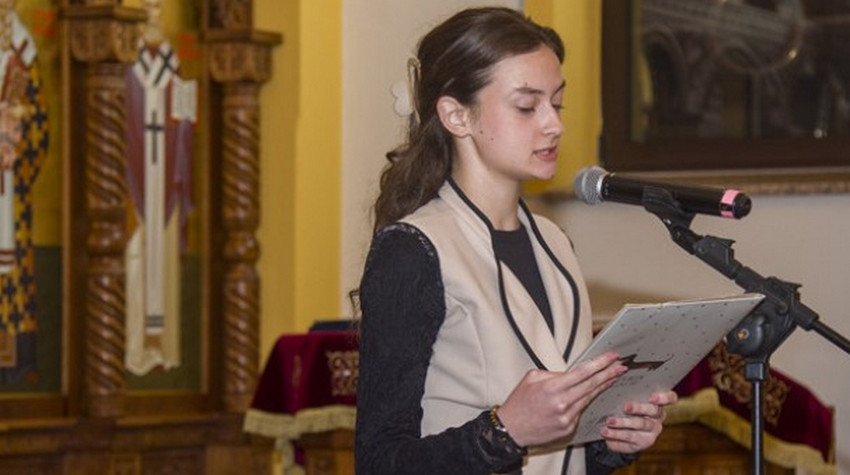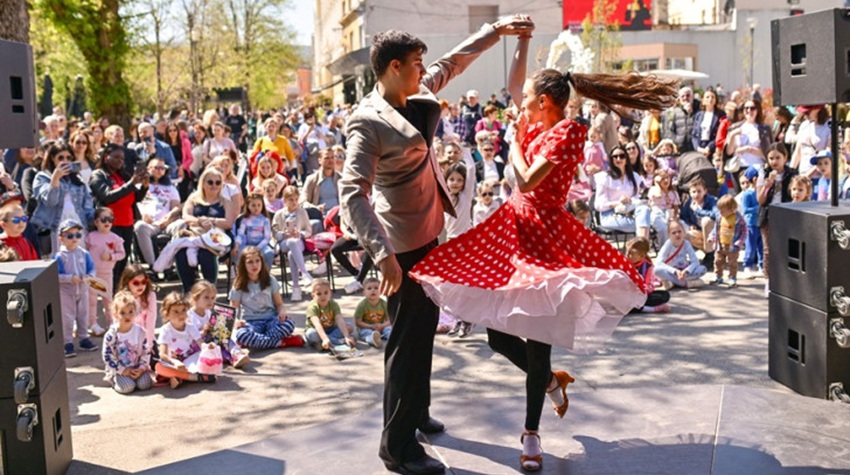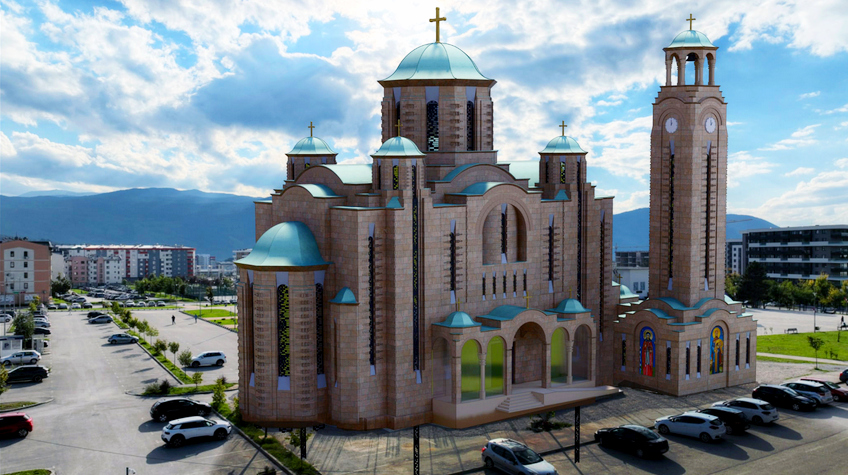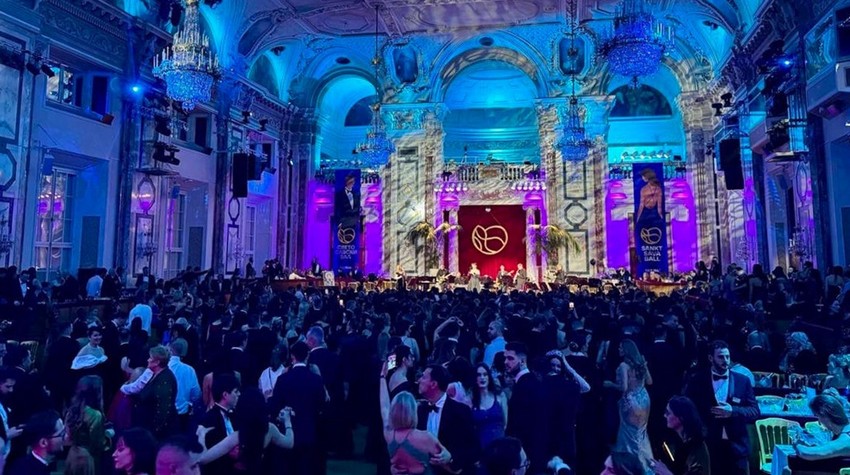HOW MUCH DOES A GOOSE EGG COST?
Amid a wave of price hikes ahead of the Easter and Orthodox Easter holidays, the price of eggs has also gone up.
A team from Euro News BiH visited the Banja Luka Market to check egg prices and gauge the mood of both sellers and buyers.
How do customers feel about the prices, and what do the vendors have to say? As Easter approaches, the egg selection is wide — in addition to chicken eggs, duck and goose eggs can also be found at the market in Banja Luka.
However, most shoppers tend to stick with the familiar choice.
"Chicken eggs — just because I’m used to them," said one woman from Banja Luka.
Another resident opted for duck eggs, noting they’re a rare find.
"You can’t find them often, they’re not available in supermarkets."
She added that the price seemed reasonable — unlike the goose egg, which sells for 6 KM apiece.
Goose eggs are the most expensive eggs you can find at the Banja Luka Market, and this year, they’re also a top seller. But what justifies the price difference compared to regular eggs?
“They're larger, stronger for egg tapping, and much bigger than chicken eggs,” explained vendor Veselka Raca, adding that despite the high price, they’re still in demand.
“There are duck eggs too, they’re 2 KM, and you can find painted eggs for 1 KM each. There are also guinea fowl eggs — great for egg tapping,” Veselka listed.
Which ones are the strongest?
“The small ones — they’d beat all the others,” she advised with a smile.
At the Banja Luka Market, a tray of chicken eggs costs around 15 KM. While vendors claim prices haven’t changed much, buyers often feel differently. Are they expensive? That depends on who you ask.
Source: Euronews













